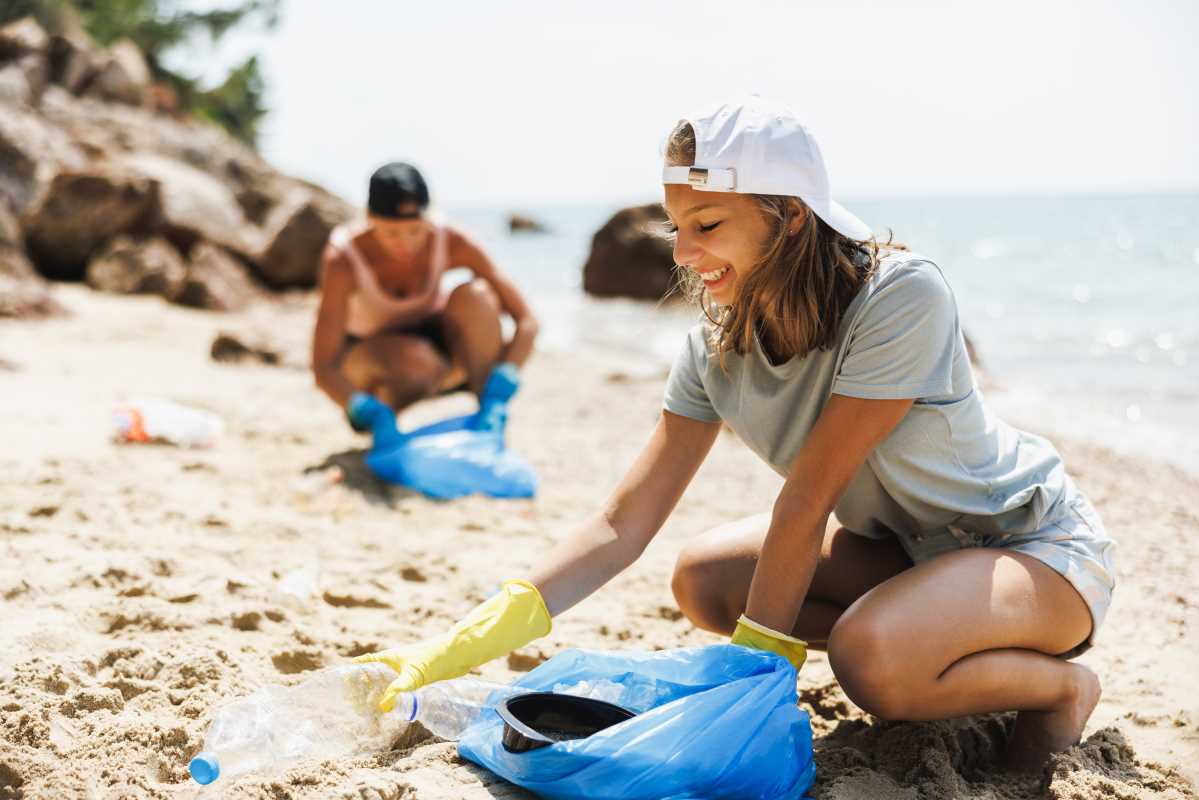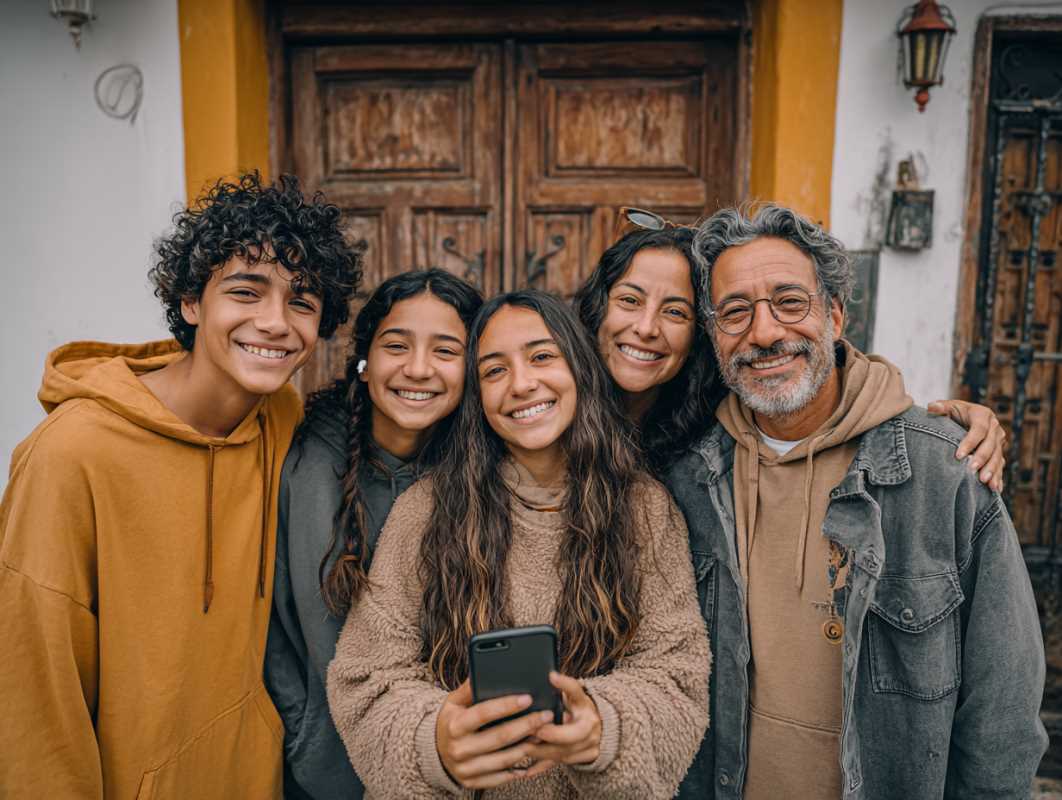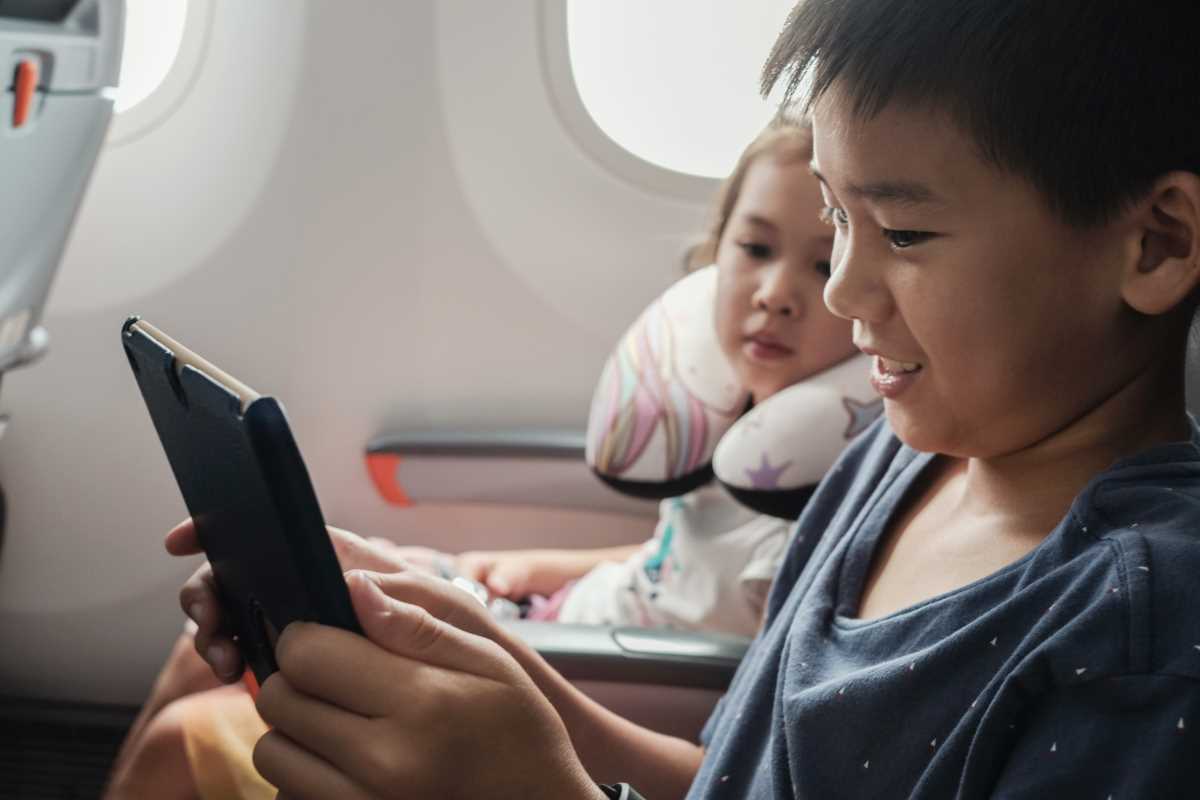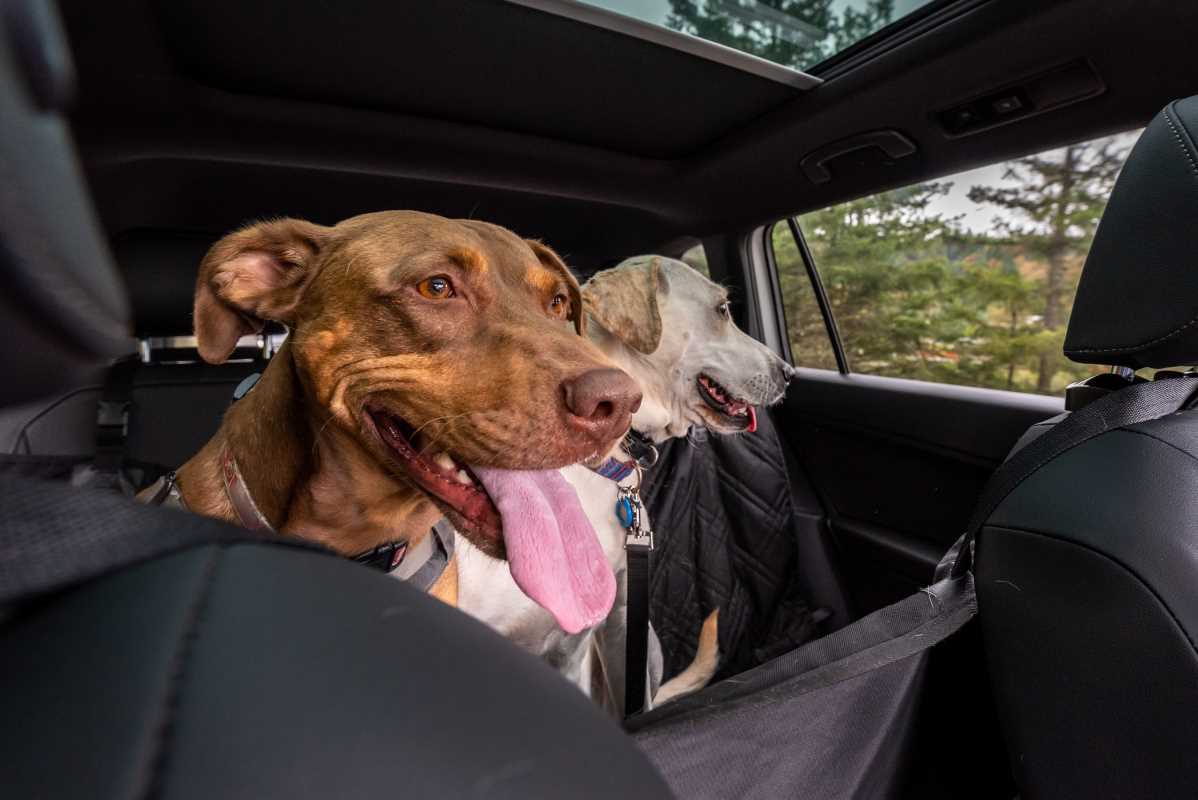Traveling to new places isn’t just exciting for kids—it’s a chance to discover the world in fun and meaningful ways. Educational trips allow children to experience learning outside the classroom while bonding with family members in unique and memorable settings. Whether it’s exploring a zoo, touring a museum, or walking through a historic site, these adventures can spark curiosity, deepen understanding, and make learning feel like play. They can also help children build confidence by encouraging them to ask questions, explore new environments, and reflect on what they discover. From toddlers to teens, kids of all ages benefit from the hands-on experiences and lasting memories that travel brings. By making your getaway both enjoyable and educational, you help lay the foundation for lifelong curiosity and a love of learning.
Inspiring Educational Trip Ideas
Make your next trip both fun and full of learning. These kid-friendly ideas offer exciting ways to explore the world while sparking curiosity in every age group:
- Walk through historic battlefields or old forts and imagine the stories that happened there.
- Visit museums with interactive exhibits about dinosaurs, outer space, or inventions.
- Explore national parks where rangers lead kid-focused nature talks and scavenger hunts.
- Check out zoos and aquariums with special programs about animals and conservation.
- Tour chocolate factories or local bakeries to learn how favorite treats are made.
- Climb inside famous buildings or landmarks and discover what makes them special.
Tips for Planning Successful Educational Travel
Great trips start with great planning—especially when kids are involved. Here are a few ways to make sure your trip is fun, educational, and stress-free:
- Pick places with hands-on exhibits or guided activities for kids.
- Make sure the location offers age-appropriate fun so everyone stays interested.
- Create a simple budget that includes tickets, snacks, and travel costs.
- Choose a theme or subject your child is excited about, like animals, science, or art.
- Leave free time between stops so your child doesn’t get overwhelmed.
Practical Tools for Learning on the Go
Make the most of your child’s natural curiosity with a few simple tools and strategies:
- Travel journals: Provide a notebook for kids to write, draw, or tape small keepsakes like tickets or pressed flowers.
- Printable activity sheets: Bring coloring pages, scavenger hunts, or fact-finding challenges themed to your destination.
- Apps and audio guides: Many museums and parks have free or low-cost apps that provide kid-friendly explanations.
- Daily reflection time: End each day by discussing what they learned or what surprised them the most.
- Photo challenges: Encourage kids to take photos of “the most interesting thing I saw today” to review together later.
These techniques keep kids engaged, reinforce learning, and help them feel like active participants in the adventure.
Types of Destinations to Explore
Here are a few types of places that make great educational trips for kids:
- Children’s science centers with hands-on experiments.
- Art museums with workshops or scavenger hunts.
- Planetariums and space centers where kids can learn about planets and stars.
- Nature trails or wildlife reserves for spotting birds, bugs, and more.
- Historic villages or reenactment events that bring the past to life.
Choose what matches your child’s personality—whether they love animals, outer space, art, or adventure, there’s a destination that fits.
Making the Most of Your Educational Trip
Help your child get the most out of each trip by encouraging them to:
- Ask questions and talk about what they see.
- Take photos or draw what they liked best.
- Keep a travel journal with fun facts and stories.
- Talk with tour guides or staff who love sharing what they know.
- Enjoy the balance of learning and play throughout the day.
Enrich Your Next Journey
Before your trip, read books or watch videos together about the destination. Even a small moment—like spotting a unique animal or learning how old a building is—can become something they remember forever. Every adventure is a new opportunity to grow, learn, and connect as a family.
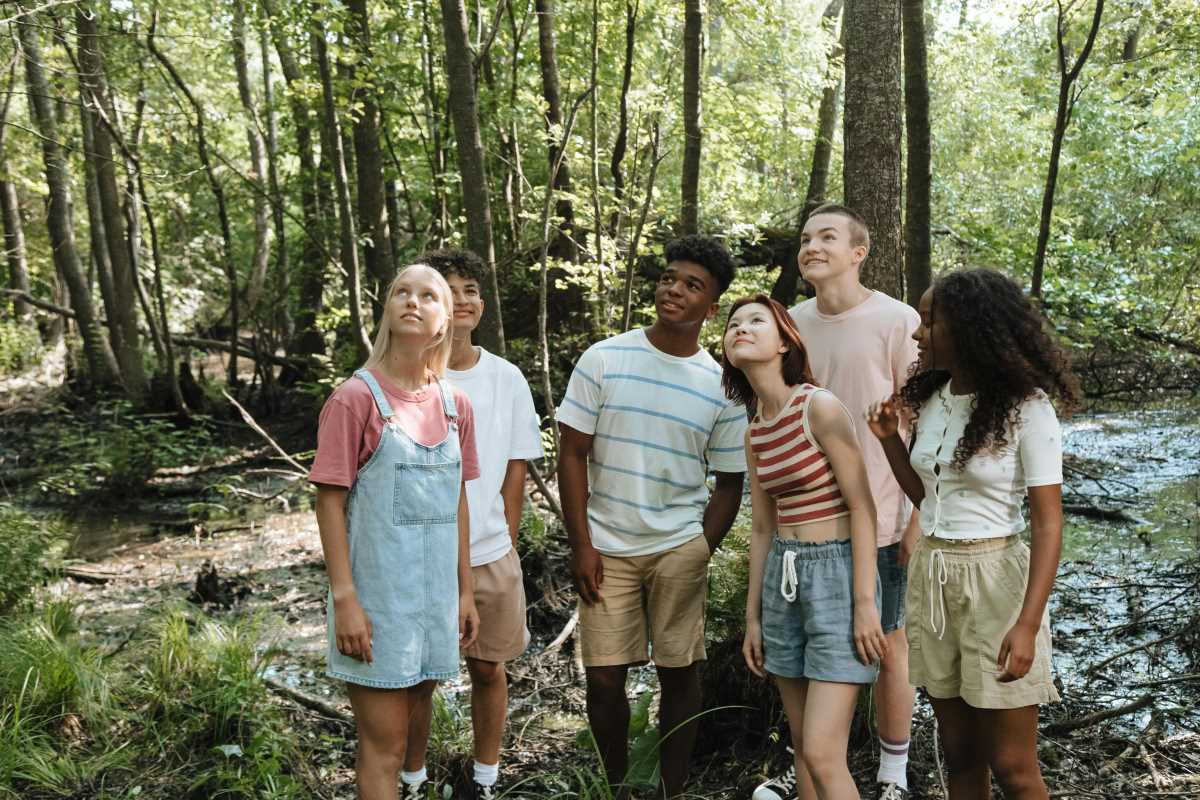 (Image via
(Image via